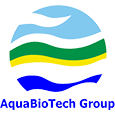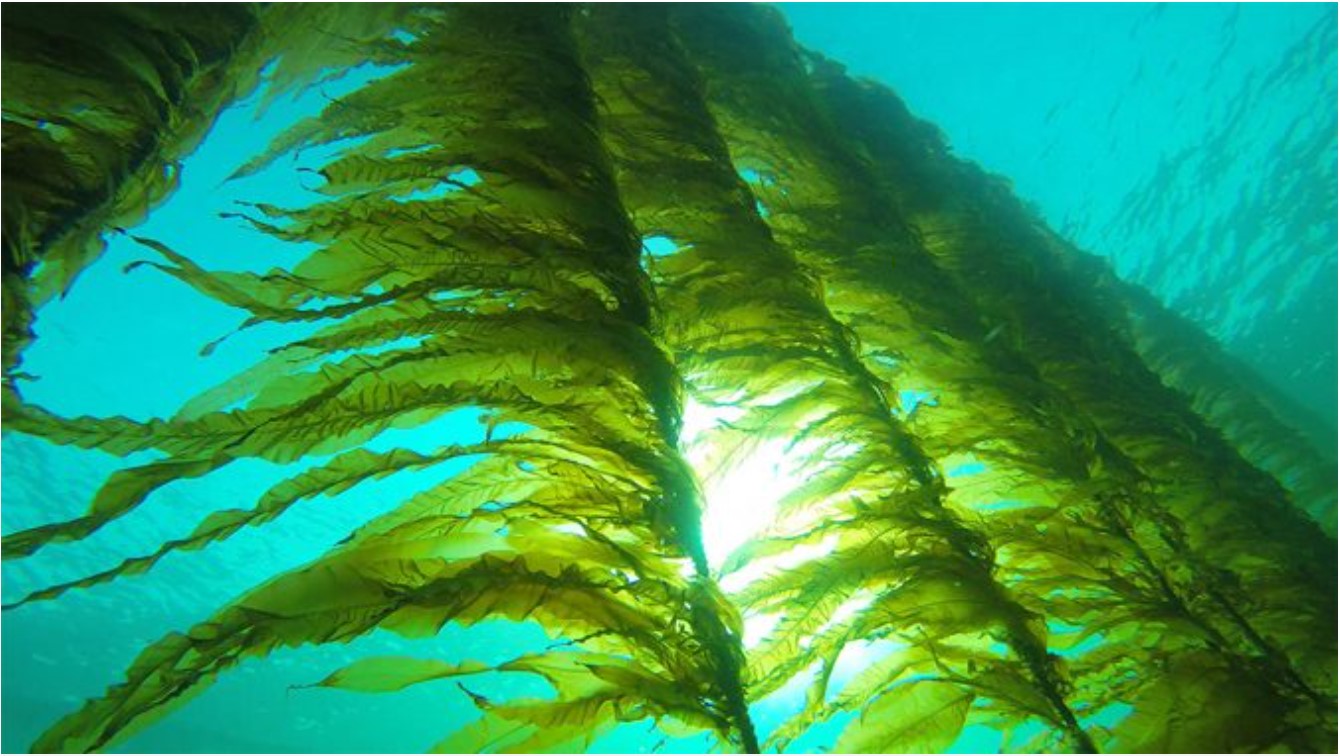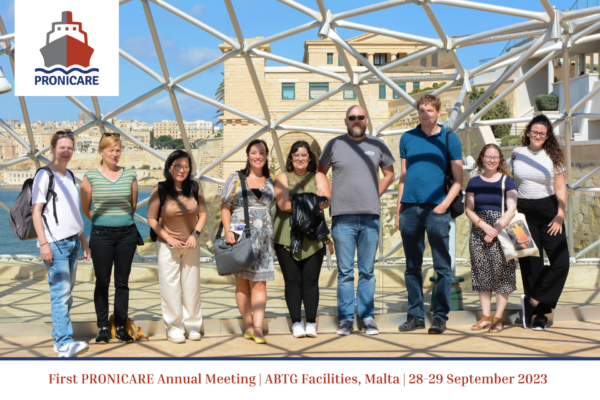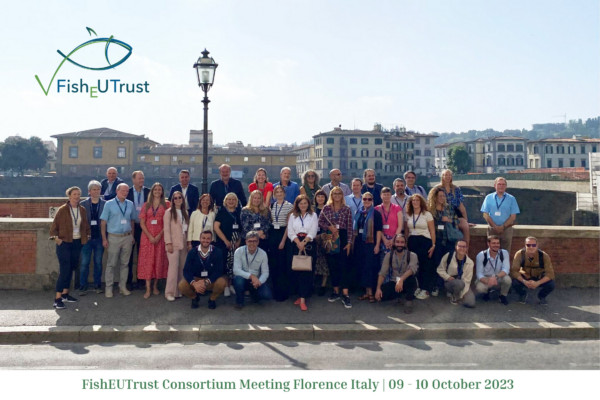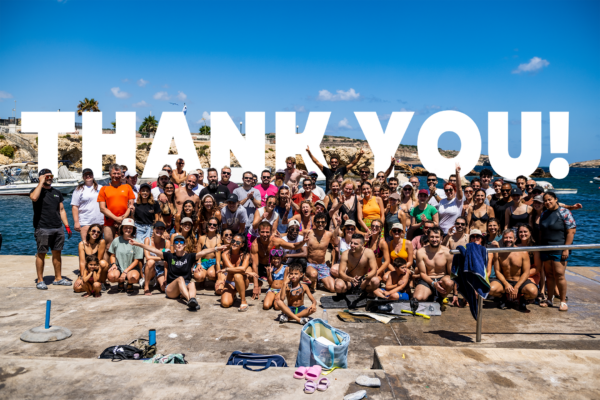EU initiative urges collaboration with wind and wave energies and offshore seafood production
A new EU project led by University College Cork (UCC) in Ireland has been looking at smarter and more sustainable ways of sharing sea space. Project leader Dr. Gordon Dalton, a research fellow at UCC, believes partnerships with renewable energy providers – wind and waves – could allow aquaculture to play an increasingly larger role in global protein production.
Funded under the European Commission’s Horizon 2020 Blue Growth program, the 18-month Maribe (Marine Investment in the Blue Economy) Project has uncovered some promising ideas for promoting growth and jobs within the blue economy.
Blue Growth, which promotes best use of Europe’s ocean areas and coastlines, has identified five key areas for sustainable growth, one of which is aquaculture.
“Aquaculture needs to move offshore, to access more nutrient-rich and less polluted waters, which will help with public acceptance of products farmed in the sea,” said Dalton. “We believe that multi-use platforms, sharing of a single space and consequent cost sharing, offer the greatest potential for this to happen.”
Europe’s aquaculture production is currently worth €1.6 billion at first-sale value and accounts for 90,464 jobs, while the overall blue economy represents around 5.4 million jobs and generates a gross added value of almost €500 billion per year. Yet synergies among marine industries are currently limited.
The Maribe project, which worked with 11 partners from Ireland, United Kingdom, Belgium, Spain, Italy, Malta and the Netherlands, acknowledges the considerable potential for further blue growth and for collaboration amongst different industry partners. Yet synergies among marine industries are currently limited.
Read more, click here!
